- characters
- Source
- undo
- redo
- bold
- italic
- underline
- strikethrough
- superscript
- subscript
- forecolor
- BackColor
- removeformat
- insertorderedlist
- insertunorderedlist
- selectall
- cleardoc
- Paragraph
- FontFamily
- fontsize
- justifyleft
- justifycenter
- justifyright
- link
- unlink
- image
- video
- Horizontal
- URL
- OK
- Cancel
- imgSearch
- dragTip
- Local
- Insert video link
- video_size
- videoW
- videoH
- alignment
- themeColor
- standardColor
- honor.post.edit.uploadFormateFail
- emotion
- hide
- Supported format : zip,rar,doc,docx,xls,xlsx,pdf,apk,hwt
- The attachments are not uploaded completely, continue to publish the post?
- Block
- Cancel block
TOP

我的荣耀 开启荣耀之旅
To log in to your account, you must first agree to the HONOR PLATFORM TERMS OF USE and HONOR Platform Privacy Statement. If you do not agree, you may only browse the site as a guest.
- Home
- Log out
- Disagree
- Follow
- Following
- Reply to reveal attachment
- View more
- Letter should not exceed 2500.
- Upload at least one image.
- Upload at least one image.
- Maximum 9 iamges allowed at a time
- size of the image should be less than 20MB
- upload Failed
- Medals
- My Medals
- Go to Medal Center
- Congratulations! You have earned the Newcomer medal!
- You have commented over 100 times in 10 minutes,please try later.
- Gallery
- Message
- Login
- Disagree Terms
- Shop
- Insert video link
- Create/Log in to HONOR Account
- Choose your login method
- Honor Device Co., Ltd.
- Click to go to the HONOR third-party login page
- Maximum number of posts on HONOR Club reached today. Try posting tomorrow.
- View More
- Home
- You have voted.
- User has not voted.
- The message was sent but rejected

[Comparison] Honor Band 5 vs Mi Band 4 vs Fitbit Inspire HR
 Last reply :
Last reply :
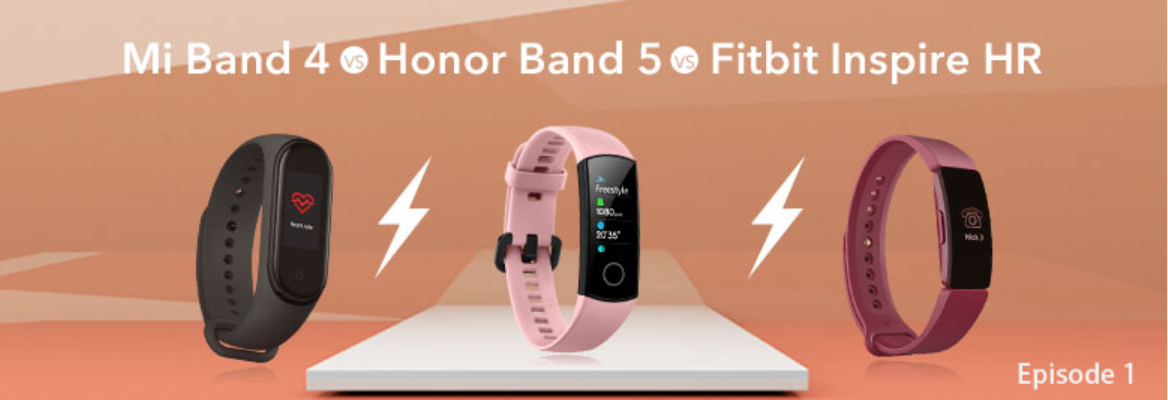
Honor Band 5 vs Mi Band 4 vs Fitbit Inspire HR
When it comes to fitness trackers, there are very few consistent big names that we think of. Fitbit is probably the most well-known and respected, while others like Garmin and Samsung trail a little bit behind. Smartphone companies want a slice of the pie as well, as both Honor and Xiaomi have their own fitness bands as well. In this mini-review, we’re going to compare the Honor Band 5, the Xiaomi Mi Band 4, and the Fitbit Inspire HR on metrics such as heart rate monitoring, sleep tracking, step counts, and their respective apps which control them.
Apps
Huawei Health
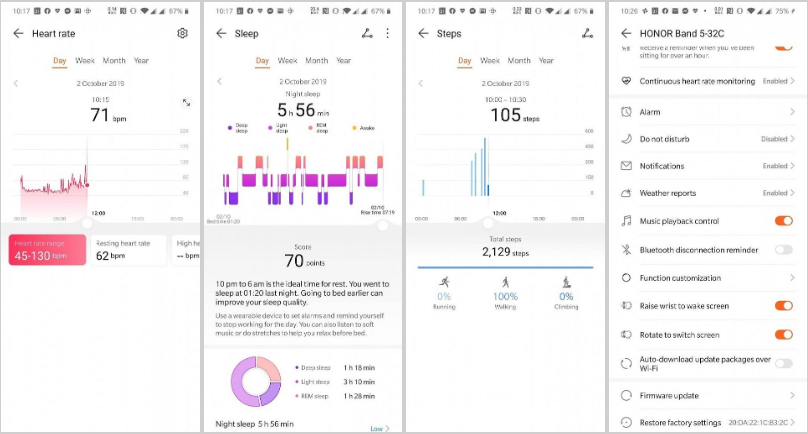
The Huawei Health app for use with the Honor Band 5 is probably the cleanest of all three apps. It’s minimalistic but feature-packed, and really easy to get to what exactly you want to see. I prefer the layout of the Huawei Health app for the most part over the Mi Fit app, though I prefer the heart rate graph of the Mi Fit app over Honor’s. It’s no question that the way sleep tracking data is displayed is the best, though. Admittedly, sleep advice seems a little bit useless, as the data it gives is fairly obvious. Not only that, but the sleep “score” feels extremely arbitrary and doesn’t feel like it has any actual worth. The Huawei Health app does a great job of covering a little bit of everything.
Mi Fit
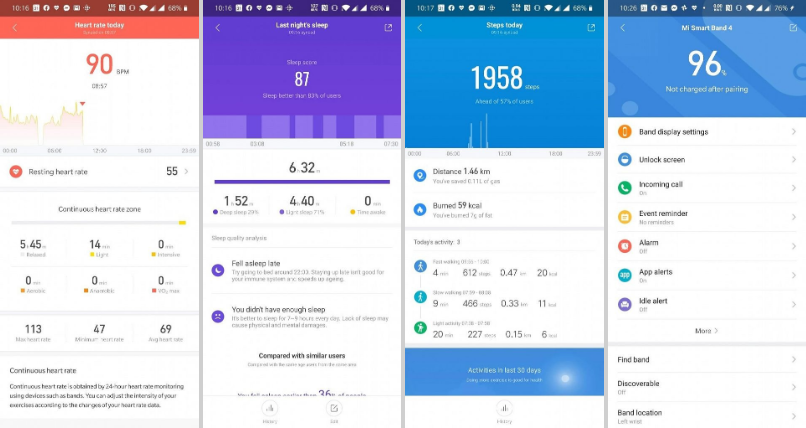
While the Huawei Health app is the cleanest app for controlling your fitness band, the Mi Fit app is probably my favorite. It has lots of cool, useful information with interesting tidbits throughout. The sleep suggestions are a bit dumb here too, but I like the interesting information such as “you’ve saved 0.11L of gas”. This is pretty practical information, and it’s interesting to think about. I also prefer the heart rate graph here – it feels smooth and a lot less clunky than the Huawei Health app. It has a ton of features as well, just like the Huawei Health app, so you’re not really missing out.
Fitbit
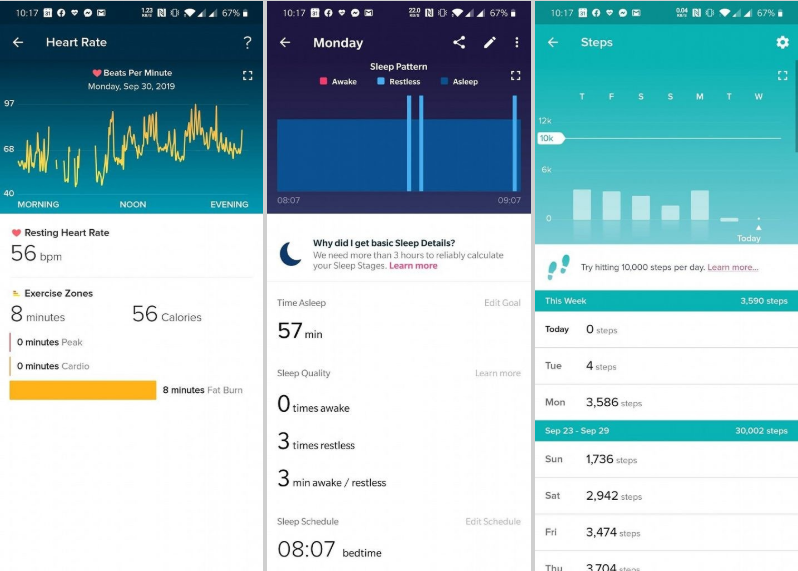
The Fitbit app is a strange one at first, but it quickly becomes evident why. While the Huawei Health app and the Mi Fit app both take into account their more tech-savvy user base, Fitbit understands that they appeal more to the general, wider market. It’s simple, it’s easy to use, and there are no bells and whistles. Settings are scarce as well, as to even enable a 24-hour clock on my watch face required me to log into the Fitbit web panel to change my profile settings. The Fitbit’s appeal comes from its wide range of health-related features, not tech. Food tracking, water tracking, high-accuracy heart rate monitoring are all essential to someone focused solely on getting fit, something which the Honor Band and the Mi Band are just not for. I like how information is displayed, it’s easy to understand and see what’s important straight away.
Sleep tracking
Honor Band 5
The Honor Band’s sleep tracking is pretty accurate – at least in how it identifies when you fell asleep and when you woke up. Enabling TruSleep allows it to monitor your sleep to greater detail overnight, at the expense of diminished battery life. The level of detail is unmatched by both the Fitbit and the Mi Band, though the information is, as I’ve mentioned, somewhat arbitrary. What’s the point of a sleep “score”? I understand it also is designed to give me sleep suggestions, but it’s not exactly identifying anything that I don’t know. I probably should sleep earlier, just like it suggests to me every night. The more in-depth suggestions like mentioning bathing in essentials oils can help to calm you before sleeping may be practical to some, though, and those are more in-depth than what both Fitbit and Xiaomi offer.
Mi Band 4
The Mi Band 4 seems to be a small bit less accurate in sleep tracking, though not by much. It’s generally within a few minutes of the Honor Band 5. For example, last night it said I was asleep about 15 minutes before the Honor Band said I was, and the Honor Band got my sleeping times correctly. The time it detected me as waking up was also wrong – it took my alarm’s time, as opposed to the time I actually woke up at which was 5 minutes prior. They’re small things, but from my (admittedly limited) testing, it would appear that the Honor Band is more accurate.
Fitbit Inspire HR
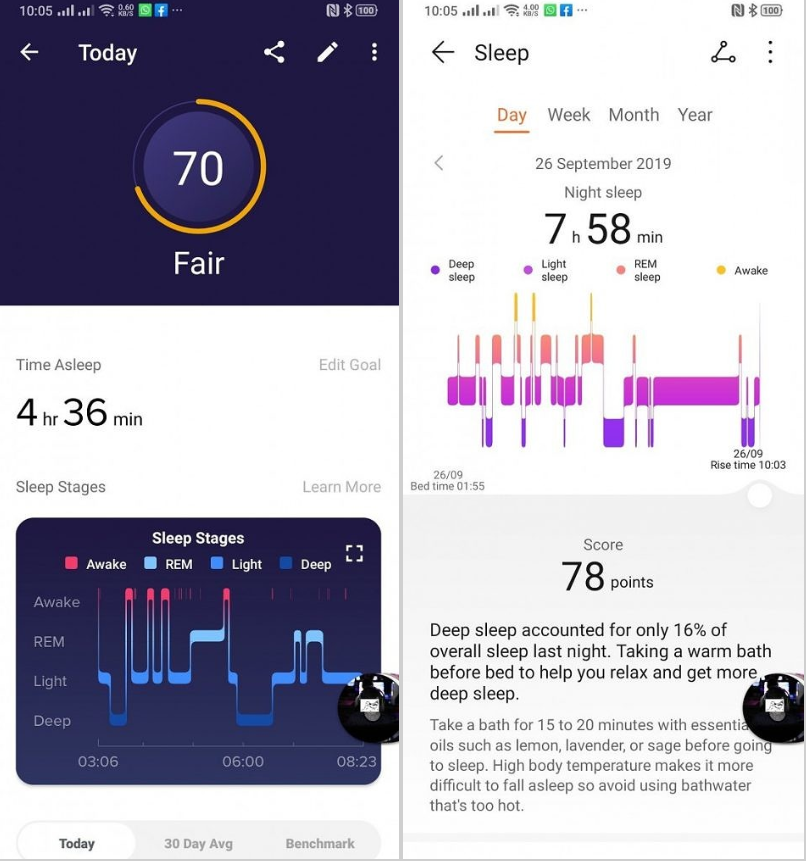
Left: Fitbit Inspire HR // Right: Honor Band 5
Readings were taken by both on the same night…
Whatever you may think about the results from the Honor Band 5 and the Mi Band 4, the Fitbit Inspire HR’s sleep tracking is laughable. There’s literally no semblance of accuracy from it at all. The other day, I had an 8-hour sleep which the Honor Band 5 measured correctly while the Fitbit registered 4 hours in the same time period. The Fitbit Inspire HR seems to have trouble getting a lock on my heart rate at night as well, which neither the Mi Band 4 nor the Honor Band 5 struggled with. This isn’t an isolated incident either, it has been that bad consistently. The other night, it tracked 1 hour of sleep, only to correct the data to be 57 minutes of sleep. I had slept, roughly, 7 hours. Looking it up online seems to reveal that I’m not the only one who found issues with its sleeping tracking either. In short – don’t get the Fitbit Inspire HR for sleep tracking. Just don’t.
SOURCE: https://www.xda-developers.com/honor-band-5-vs-mi-band-4-vs-fitbit-inspire-hr/
- Details
- Pictures shared by others ({0})
- Featured posts / Un-Featured posts
- Pin in this section
- Un-pin in this section
- Pin all sections
- Un-pin all sections
- Favorite
- Unfavorite
- Favorited Successfully
- Unfavorited Successfully
- Quote
- Reply
- Top
- Un-top
- Delete
- Report
- Why are you reporting this?
- 1.Sexual content / Violence / Insults
- 2.Racial discrimination / Terrorism
- 3.Infringement / Privacy
- 4.Unauthorized transaction or advertisement
- 5.Others
- picture evidence
- Cancel
- Submit
- Choose an option
- Accepted
- View more
- Voting time:
- reply to
- The following content will be displayed after you reply
- A total of {0} people voted
- View more
- Energy
- You don't have permission
- honor.operation.report.self.tip
- You have reported this post
- empty
- You can only choose {0} options
- The comment has been deleted.
- Report successful
- Yes
- No
- The vote is not open yet
- Voting ended!
- Please vote..
- Confirm to jump to the link?
- Home
- Confirm to delete
- The link Copied
Modify Name
- Follow
- The nickname already exists!
- New nickname should be different from the old one.
- username contains special character
- Enter 1-20 characters
- The name cannot start with 'honor' or 'honorfans'
- The name cannot contain stop words
 Hot Posts
Hot Posts
 181068
181068
 1942
1942
 129251
129251
 2094
2094
 75907
75907
 19
19
 75256
75256
 1181
1181
SUBSCRIPTION
I agree to receive the latest offers and information on HONOR products through email or IM (e.g. WhatsApp) provided below and advertisement on third-party platforms. I understand that I can unsubscribe anytime according to Chapter 5 of HONOR Platform Privacy Statement.
CONTACT

Honor Technology (Malaysia) Sdn Bhd
(Registration No.: 202101003804)
1800-88-5645
9:00 AM - 6:00 PM
Copyright © Honor Device Co., Ltd. 2020-2026. All rights reserved.
We use cookies and similar technologies to make our website work efficiently, as well as to analyze our website traffic and for advertising purposes.
By clicking on "Accept all cookies" you allow the storage of cookies on your device. For more information, take a look at our Cookie Policy.
Functional cookies are used to improve functionality and personalization, such as when playing videos or during live chats.
Analytical cookies provide information on how this site is used. This improves the user experience. The data collected is aggregated and made anonymous.
Advertising cookies provide information about user interactions with HONOR content. This helps us better understand the effectiveness of the content of our emails and our website.
- Posts
- photo
- video

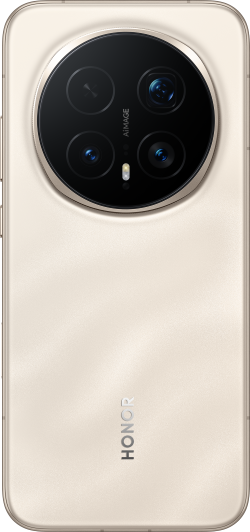

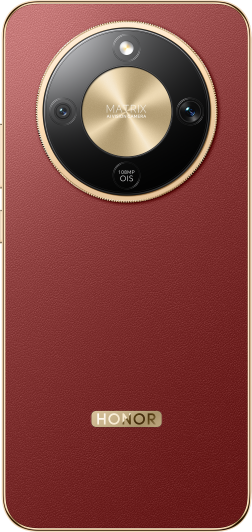

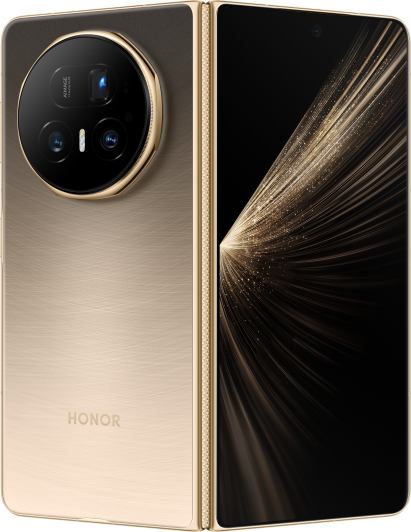


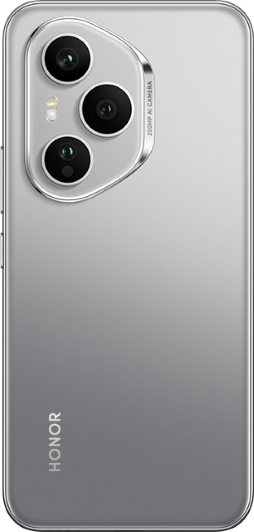
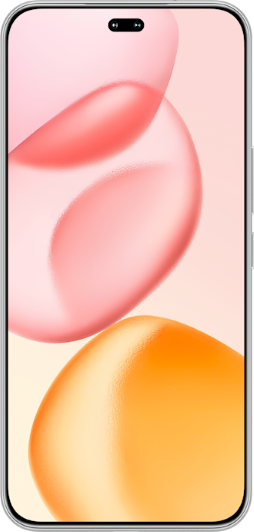
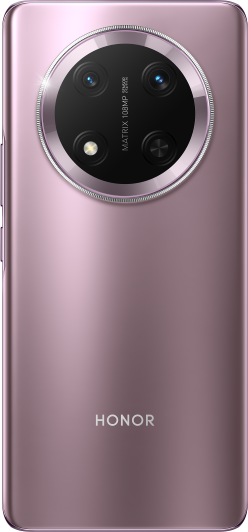

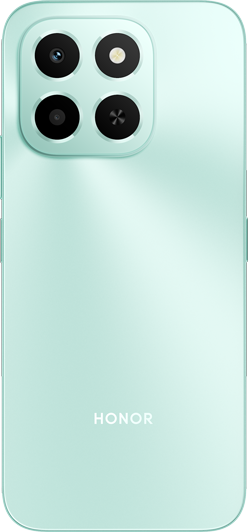
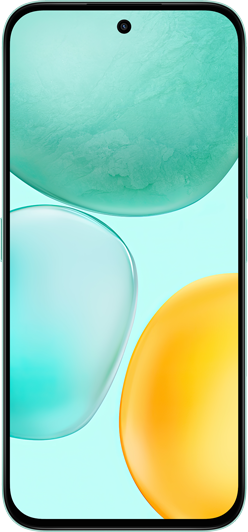


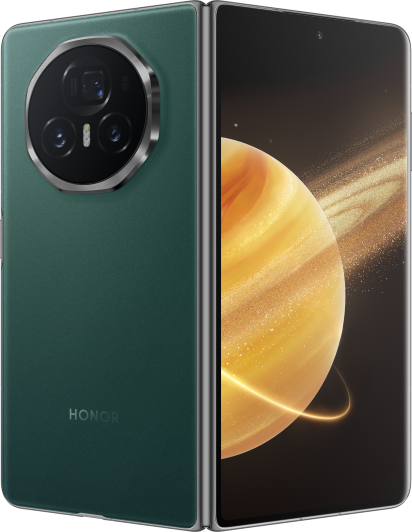
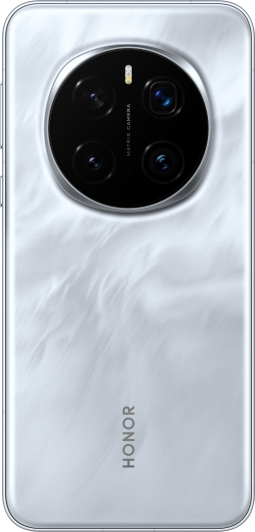
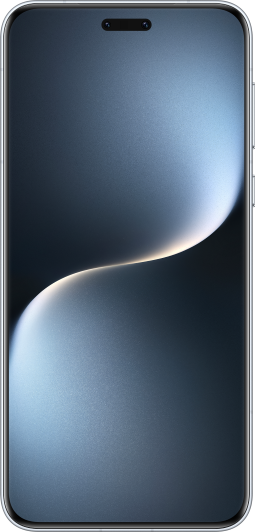
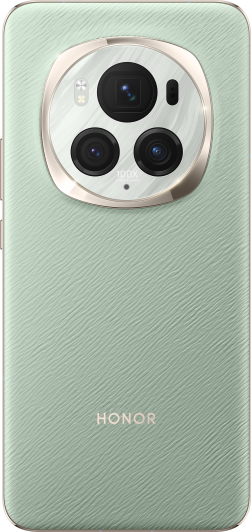
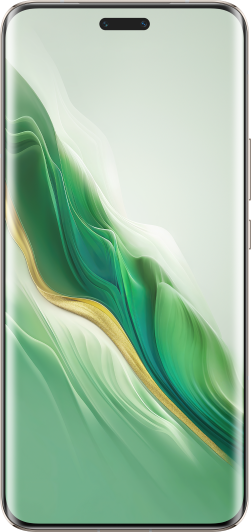
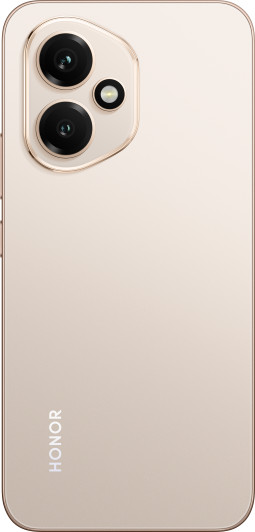
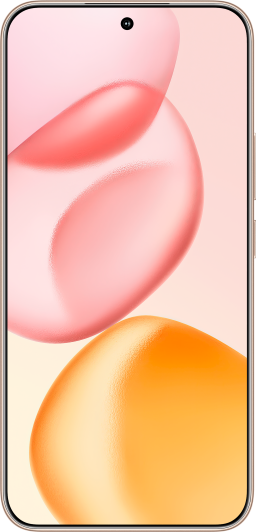


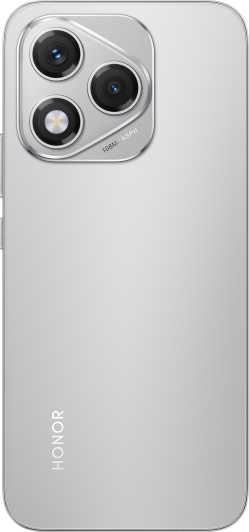
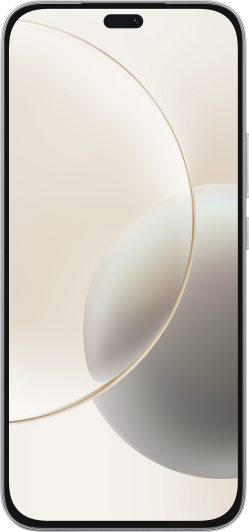
























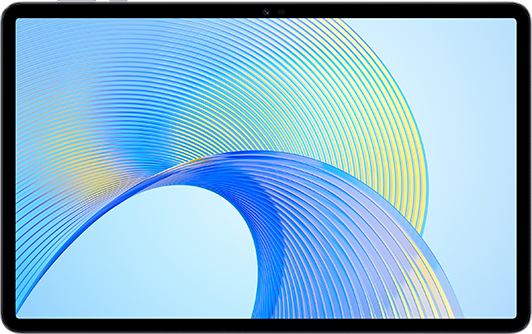




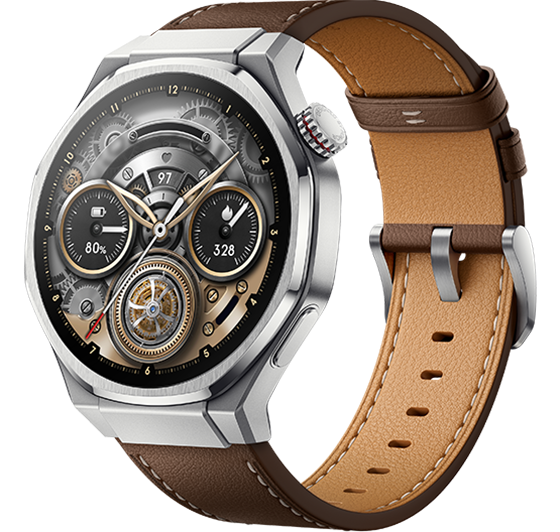
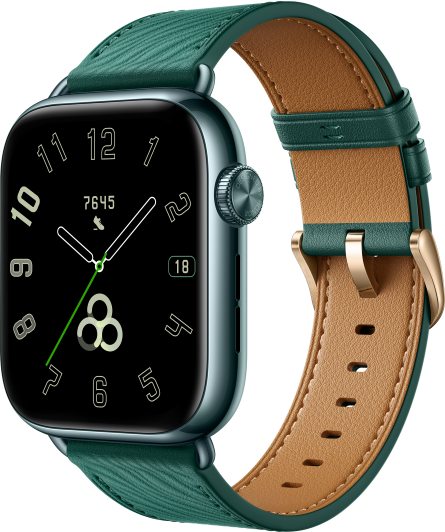
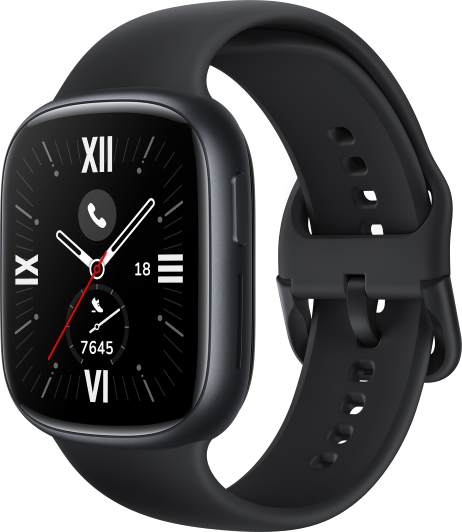
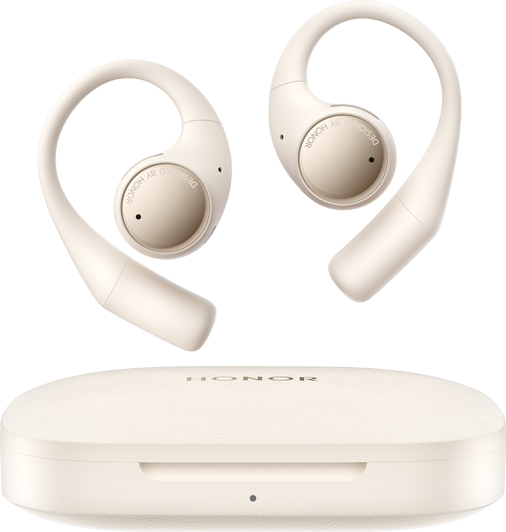
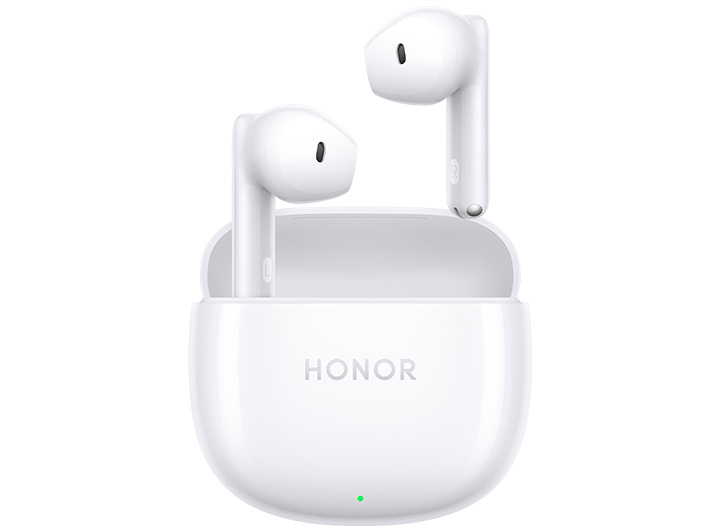
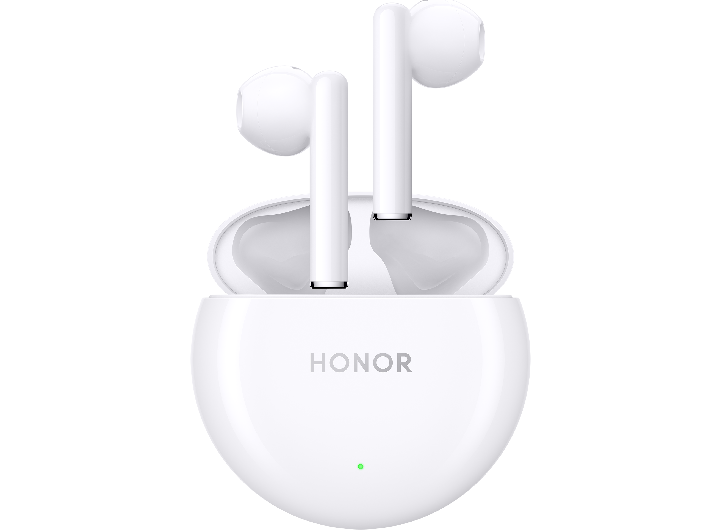
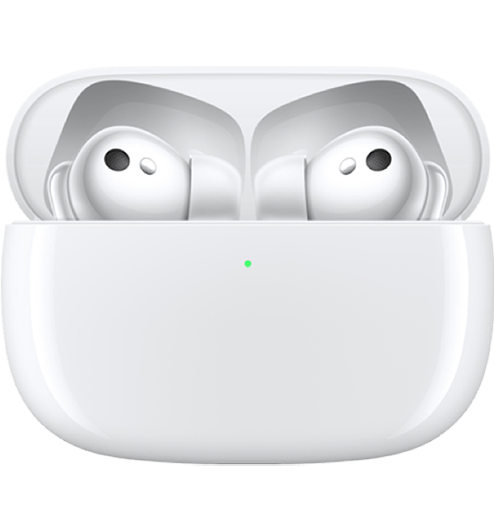



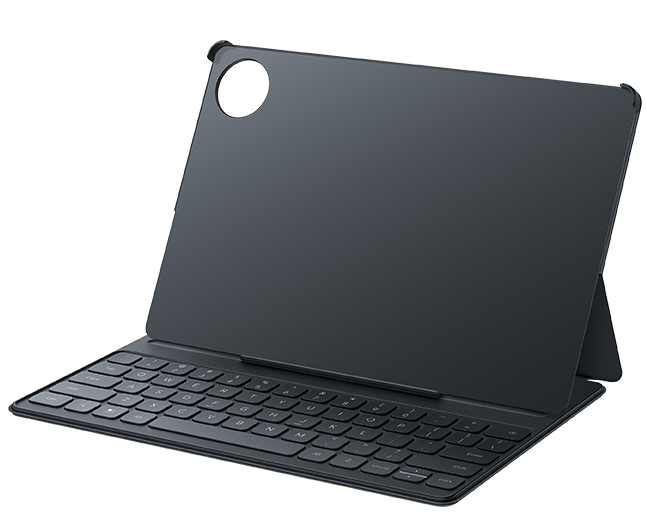
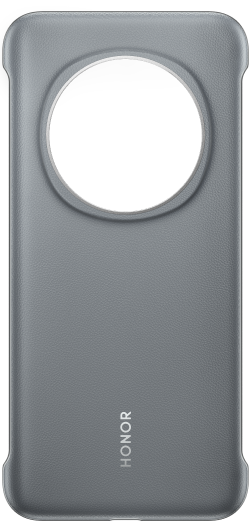

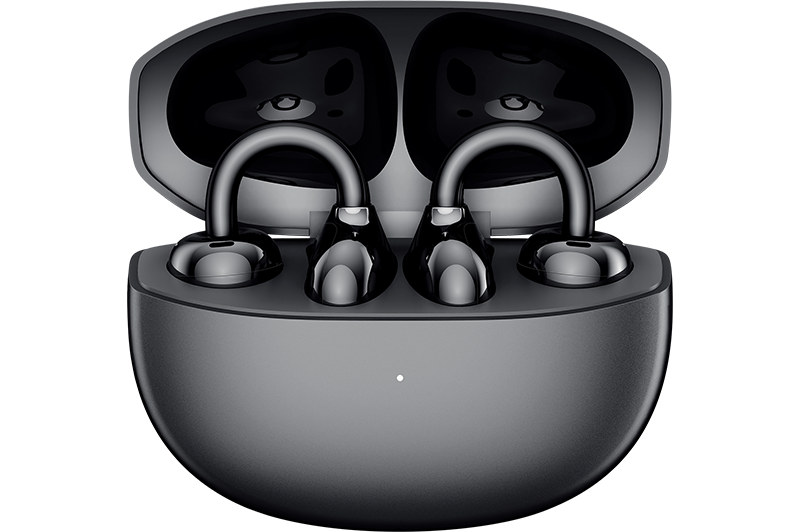

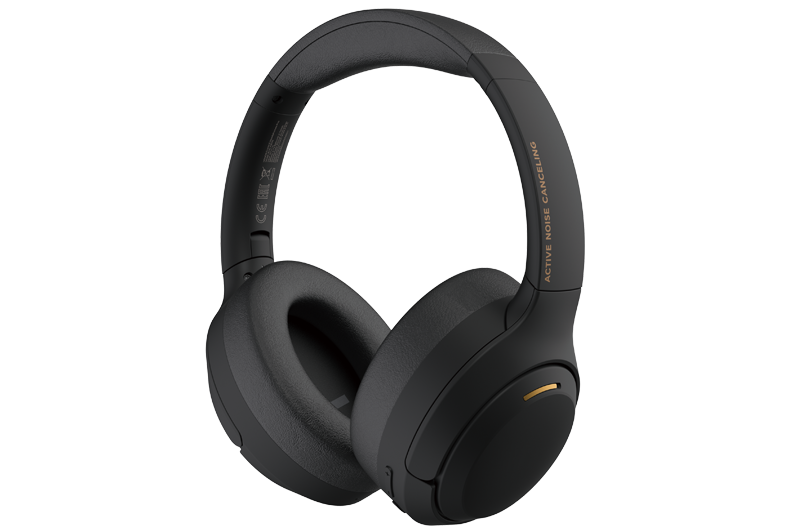
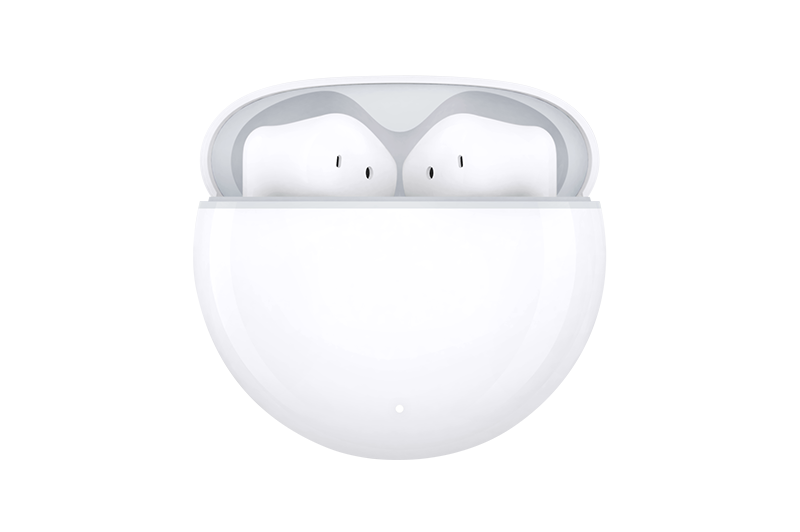

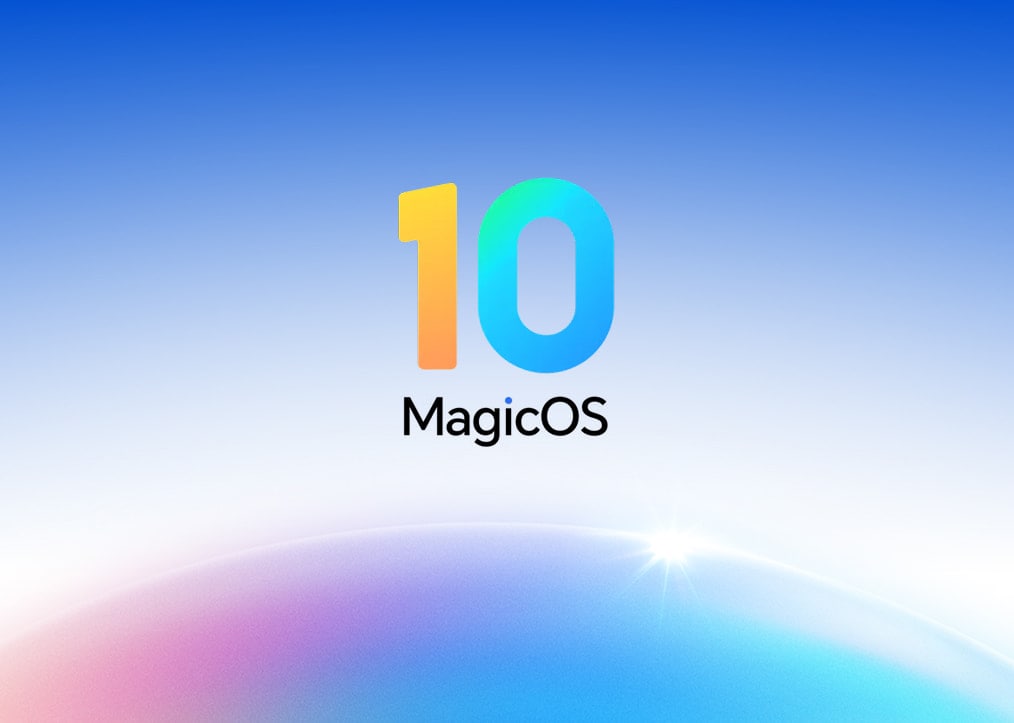








 Disagree Terms
Disagree Terms
 Log out
Log out



































Honor Band 5 vs Mi Band 4 vs Fitbit Inspire HR
When it comes to fitness trackers, there are very few consistent big names that we think of. Fitbit is probably the most well-known and respected, while others like Garmin and Samsung trail a little bit behind. Smartphone companies want a slice of the pie as well, as both Honor and Xiaomi have their own fitness bands as well. In this mini-review, we’re going to compare the Honor Band 5, the Xiaomi Mi Band 4, and the Fitbit Inspire HR on metrics such as heart rate monitoring, sleep tracking, step counts, and their respective apps which control them.
Apps
Huawei Health
The Huawei Health app for use with the Honor Band 5 is probably the cleanest of all three apps. It’s minimalistic but feature-packed, and really easy to get to what exactly you want to see. I prefer the layout of the Huawei Health app for the most part over the Mi Fit app, though I prefer the heart rate graph of the Mi Fit app over Honor’s. It’s no question that the way sleep tracking data is displayed is the best, though. Admittedly, sleep advice seems a little bit useless, as the data it gives is fairly obvious. Not only that, but the sleep “score” feels extremely arbitrary and doesn’t feel like it has any actual worth. The Huawei Health app does a great job of covering a little bit of everything.
Mi Fit
While the Huawei Health app is the cleanest app for controlling your fitness band, the Mi Fit app is probably my favorite. It has lots of cool, useful information with interesting tidbits throughout. The sleep suggestions are a bit dumb here too, but I like the interesting information such as “you’ve saved 0.11L of gas”. This is pretty practical information, and it’s interesting to think about. I also prefer the heart rate graph here – it feels smooth and a lot less clunky than the Huawei Health app. It has a ton of features as well, just like the Huawei Health app, so you’re not really missing out.
Fitbit
The Fitbit app is a strange one at first, but it quickly becomes evident why. While the Huawei Health app and the Mi Fit app both take into account their more tech-savvy user base, Fitbit understands that they appeal more to the general, wider market. It’s simple, it’s easy to use, and there are no bells and whistles. Settings are scarce as well, as to even enable a 24-hour clock on my watch face required me to log into the Fitbit web panel to change my profile settings. The Fitbit’s appeal comes from its wide range of health-related features, not tech. Food tracking, water tracking, high-accuracy heart rate monitoring are all essential to someone focused solely on getting fit, something which the Honor Band and the Mi Band are just not for. I like how information is displayed, it’s easy to understand and see what’s important straight away.
Sleep tracking
Honor Band 5
The Honor Band’s sleep tracking is pretty accurate – at least in how it identifies when you fell asleep and when you woke up. Enabling TruSleep allows it to monitor your sleep to greater detail overnight, at the expense of diminished battery life. The level of detail is unmatched by both the Fitbit and the Mi Band, though the information is, as I’ve mentioned, somewhat arbitrary. What’s the point of a sleep “score”? I understand it also is designed to give me sleep suggestions, but it’s not exactly identifying anything that I don’t know. I probably should sleep earlier, just like it suggests to me every night. The more in-depth suggestions like mentioning bathing in essentials oils can help to calm you before sleeping may be practical to some, though, and those are more in-depth than what both Fitbit and Xiaomi offer.
Mi Band 4
The Mi Band 4 seems to be a small bit less accurate in sleep tracking, though not by much. It’s generally within a few minutes of the Honor Band 5. For example, last night it said I was asleep about 15 minutes before the Honor Band said I was, and the Honor Band got my sleeping times correctly. The time it detected me as waking up was also wrong – it took my alarm’s time, as opposed to the time I actually woke up at which was 5 minutes prior. They’re small things, but from my (admittedly limited) testing, it would appear that the Honor Band is more accurate.
Fitbit Inspire HR
Left: Fitbit Inspire HR // Right: Honor Band 5
Readings were taken by both on the same night…
Whatever you may think about the results from the Honor Band 5 and the Mi Band 4, the Fitbit Inspire HR’s sleep tracking is laughable. There’s literally no semblance of accuracy from it at all. The other day, I had an 8-hour sleep which the Honor Band 5 measured correctly while the Fitbit registered 4 hours in the same time period. The Fitbit Inspire HR seems to have trouble getting a lock on my heart rate at night as well, which neither the Mi Band 4 nor the Honor Band 5 struggled with. This isn’t an isolated incident either, it has been that bad consistently. The other night, it tracked 1 hour of sleep, only to correct the data to be 57 minutes of sleep. I had slept, roughly, 7 hours. Looking it up online seems to reveal that I’m not the only one who found issues with its sleeping tracking either. In short – don’t get the Fitbit Inspire HR for sleep tracking. Just don’t.
SOURCE: https://www.xda-developers.com/honor-band-5-vs-mi-band-4-vs-fitbit-inspire-hr/